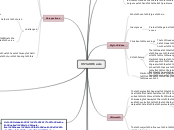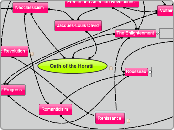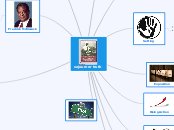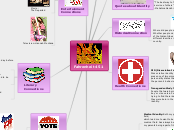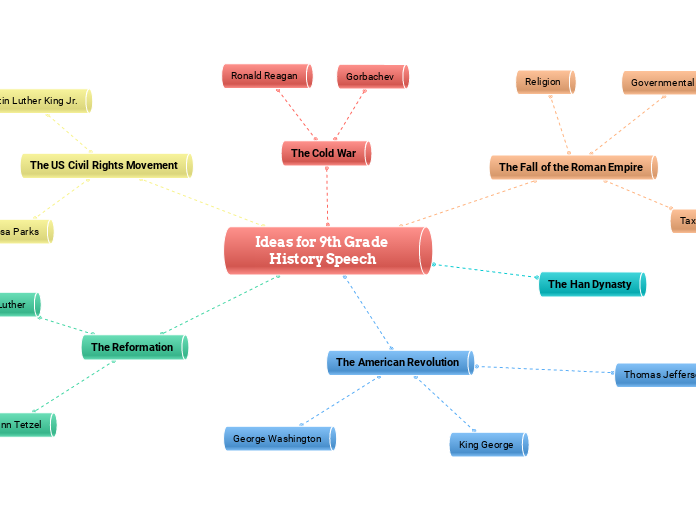95 thesis
Writer
Also drafted drafted On the Freedom of a Christian
On the Freedom of a Christian became one of the most important documents in the establishment of the new, revolutionized church.
beliefs
Believed Indulgences were worthless and a scam
Believed that Christians could be saved only by true conscience (self-reproach) and their faith of salvation
On October 31, 1517, Luther nailed his ninety-five theses to the door of the Castle Church in Wittenberg
University of Erfurt
Martin Luther
Roman Empire saw Luther as an outlaw due to his beliefs and actions.
Doctorate in Theology
Subtopic
Taught Theology
University of Wittenberg
Perspectives
Perspectives help us see many attitudes toward the church during this time.
challanged
Indulgence Priest Tetzel, (One of Martin Luther's opinionated voice against him)
Priest Tetzel is well known for selling indulgence's
Priest Tetzel supposedly classifies Luther as a follower of the heretic Jan Hus and threatened to have him burned at the stake
Catholic church
Popes held more power in churches, Martin Luther spread the idea and belief that all believers were equal. This Idea greatly combated the roles and past beliefs in the church.
Popes were extremely wealthy, almost too much so
reflected
Martin Luther's disagreement with the church
The protestant reformation shows many people in this era supported and had similar belief's and perspectives as Martin Luther
Some humanists and princes passionately approved of the theses.
ommited
other religions outside of Catholic and Christianity
Did not have the same problems with the Cathloic church or were not involved
what does this document not answer
Does not show or communicate reasons why the Catholic church was doing the conditions that Martin Luther was protesting and questioning
Primary source itself does not show the Catholic churches belief and perspective, just shows Luther's perspective and take on it.
Leaves out freedom of religious beliefs in other religions, mainly from Catholic and Christian Beliefs
Aftermath
The major influence in the protestant reformation
The reformation helped wealth be spread out, as the land owned by the Church and the tarrifs it brought in was now the property of the rulers of the region, and did not have to be sent to the Pope
The Reformation was about finding the balance between commitment in one’s faith and recognition that others that hold different beliefs are still equals
This lead to more religious freedom and people being able to find peace and forgiveness in themselves instead of paying someone.
Helped start the protestant reformation
The Reformation was a seperation in Western Christianity initiated by Martin Luther and continued by Huldrych Zwingli, John Calvin
The protest against the indulgences set off a wildfire. This slowly resulted in most of Northern Europe breaking away from the authority and control of the Catholic Church.
Big ideas
St. Peters
Martin states "‘Why does the pope, whose wealth today is greater than the wealth of the richest Crassus, build the basilica of St Peter with the money of the poor rather than with his own money?’
The idea that selling indulgences to finance the building of St. Peter's is wrong.
Christian teachings
The freedom of the individual is a idea running through most of Luther's work
Indulgnces
Protest against the selling of indulgences
An indulgence was a "get out of purgatory card" that could be obtained by paying a certain amount to the church.
Luther argued against the selling of Indulgence's for financing instead of a invidual's wellbeing
Buying indulgences gives people a fake sense of security and threatens their salvation.
Who can forgive sin
Purpose
Invited local scholars to discuss indulgences and other problems
A method to communicate Luthers problems with the Catholic church
apperance
Martin Luther wrote it in a humble and academic tone, questioning rather than attacking the church.
Was written in Latin
precise and well thought out
